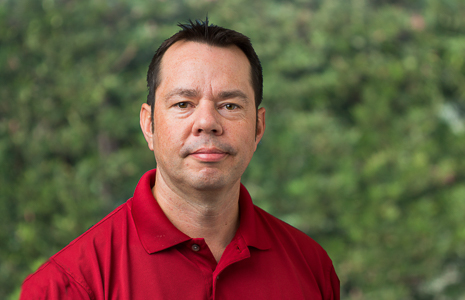Dr. Ulrich "Uli" Stingl: Research:
Research: Microbial Ecology
Pelagibacter/SAR 11
The SAR11 clade is a phylogenetically diverse group that contains the dominant bacterium in most oligotrophic marine ecosystems, Pelagibacter ubique. Our goal in this project is to understand the genetic and physiological diversity within and among different subgroups of SAR11. We hope that these results will help to 1) shed light on ecology and physiology of SAR11, 2) explain the reason why this group of heterotrophic bacteria is able to outcompete other bacterial clades in diverse oceanic regimes all over the world, and 3) how SAR11 will respond to changing environmental conditions.
Research: Gut Microbiology of Surgeonfishes
The intestinal microbiota of fishes is not very well studied. We concentrate our studies on surgeonfish, a family of important coral reef fishes. In a phylogenetic survey, we could show that the composition of their intestinal microbiota is dependent on their diet, rather than on their phylogeny. We selected surgeonfishes because of their importance for coral reefs, but also because of the presence of the giant bacteria Epulopiscium sp. in the guts of some surgeonfish species. Epulopiscium sp. (Epulo) is one of the most enigmatic organisms on earth. These fascinating prokaryotes seem to bypass the physical limits of diffusion and life by growing up to visible sizes (700 um). The cellular biovolume of these viviparous Gram-positive bacteria is more than 300 million times higher than the volume of the most abundant free-living marine bacterium, the SAR 11 clade. This reflects a difference of 9 orders of magnitude, thus comparable to the differences in volumes between a sugar cube and a blue whale. So far, Epulos have not been cultivated and our currently very limited understanding of this peculiar organism comes mostly from microscopic studies of fixed cells from the Great Barrier Reef. Currently, we are investigating the ecological function of Epulos in this highly complex ecosystem.
Research: Sea Level Rise Microbiology
One of the effects of sea level rise is an increase of salinity in freshwater systems in South Florida. We want to develop a program that investigates the consequences and ecological impact of increased salinity on residing microbial populations in diverse limnic habitats throughout South Florida.

Assistant Professor
3205 College Avenue, Room 100M
Davie, Fl 33314
Phone: 954-577-6326
